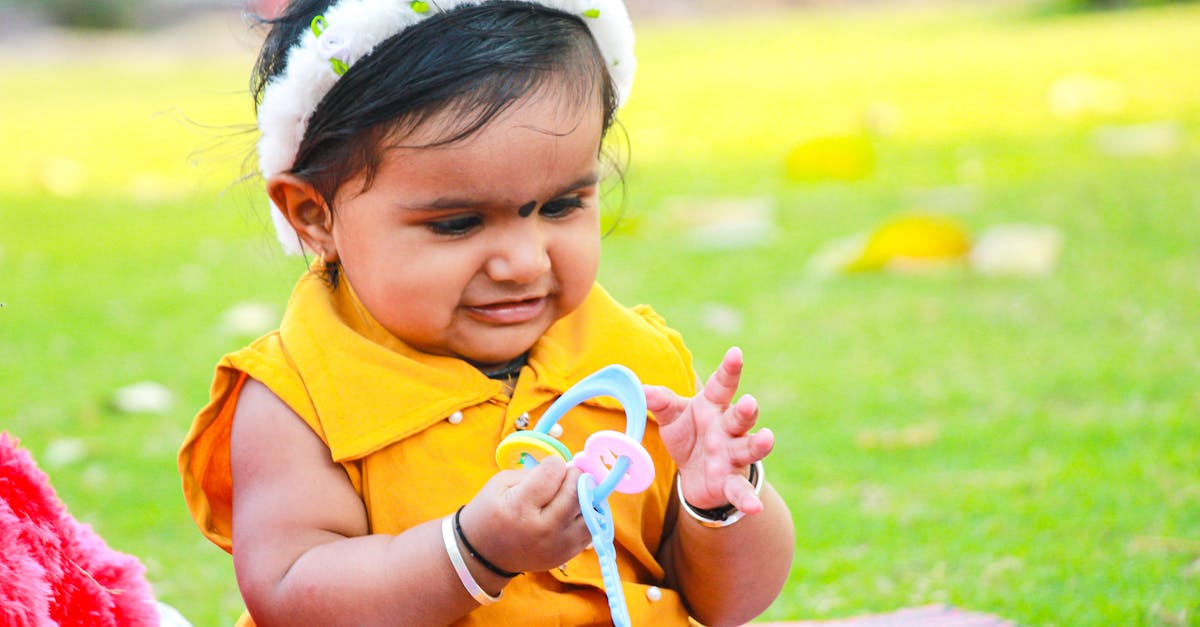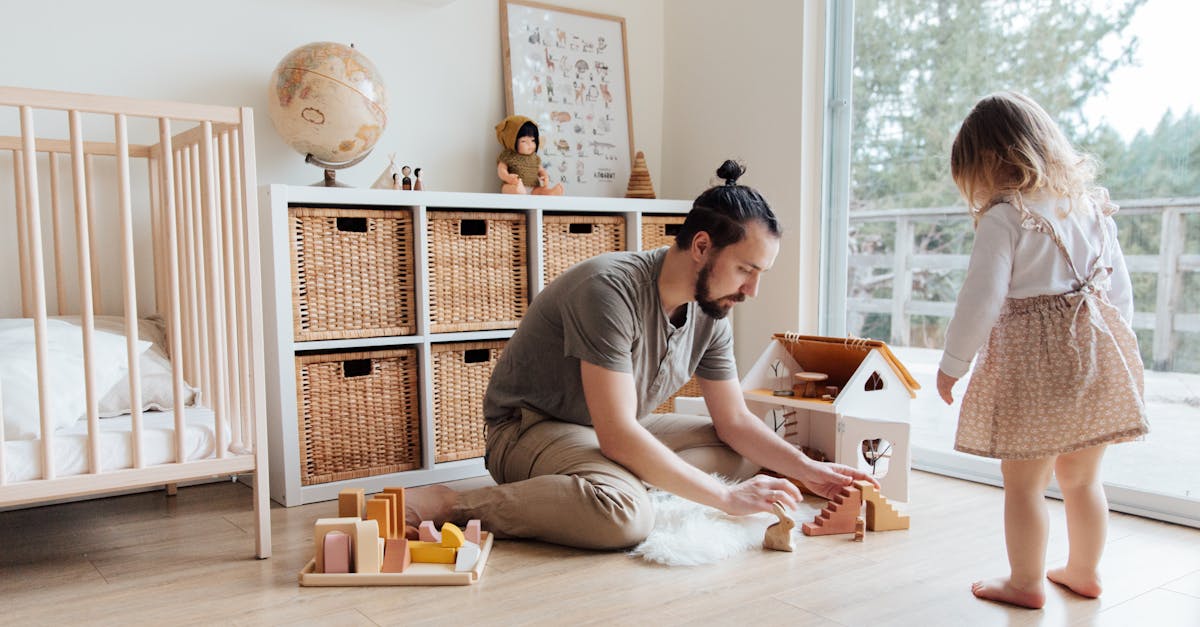Recognize Emotional Milestones
Toddlers experience a whirlwind of emotions. Recognizing their milestones can help parents guide them better. From expressing joy to frustration, they show a wide range of emotions. Observing these changes helps in understanding their emotional development.
Try celebrating small wins like the first smile or words. This acknowledgment not only boosts their confidence but also reinforces positive behavior. Remember, each toddler is unique. Don’t compare their progress with others. Your toddler’s unique journey is worth celebrating every step of the way.
Managing Toddler Tantrums
Tantrums can be challenging. They are a normal part of toddlerhood and often signify an attempt to express feelings that they can’t articulate yet. Instead of reacting harshly, stay calm and try to understand the trigger.
Offer a distraction or a comforting hug. Humor can save the day too – imagine your toddler’s face covered in sauce mid-tantrum. Play along as it can defuse tension. Always acknowledge their feelings by saying something like, I see you’re upset. This validation goes a long way in their emotional development.
Encouraging Positive Playtime
Playtime is a golden opportunity for emotional growth in toddlers. Encourage activities that spark joy and also teach sharing and empathy. Simple games like peek-a-boo or building blocks can be both fun and educational. Create a play routine that mixes both independent and social play. Inject humor by joining their games; being a playful companion strengthens bonds. And remember, less screen time, more playtime. Real-world interactions are crucial for emotional and social skills.

Handling Separation Anxiety
Separation anxiety is tough for both toddlers and parents. It usually peaks between 10 to 18 months. To ease this, create short separations first, like stepping into another room briefly. Always say goodbye. Sneaking out can worsen anxiety. Reassure them you’ll always come back.
Personal story time: I used to leave a small toy with my toddler, calling it ‘magic protection’. It worked wonders. Consistency and patience will reduce anxiety episodes. They need the assurance that you’re always there.

Handling separation anxiety requires patience, understanding, and creative solutions. By providing comfort and establishing routines, both toddlers and parents can navigate this challenging phase with care and compassion.
Building Communication Skills
Communication is the key to emotional well-being. Toddlers may not have the words to express feelings, but they do communicate through body language and actions. Teach them simple words like happy, sad, or angry. Use storybooks that illustrate emotions. Narrate your day and feelings; this models how to articulate emotions themselves. Patience is essential. They might not get it right the first time. Celebrate their attempts, which encourages further tries. Clear communication builds a strong emotional foundation.

Modeling Emotional Resilience
You are your toddler’s first emotional role model. Demonstrate how to handle emotions constructively. When you’re calm in stressful situations, they learn to emulate that calmness. It’s okay to show you’re human too. If you’re upset, explain why in simple terms. For example, ‘I feel sad because I dropped my coffee’. Share coping strategies aloud. Say, ‘I’ll take a deep breath to feel better’. This teaches them resilience. Modeling emotional resilience shapes their understanding of handling emotions.

Creating a Supportive Environment
Creating a supportive environment is vital for a toddler’s emotional health. This involves showing constant love and affection. Encourage a routine that includes time for rest, play, and learning. Make sure they have a safe space to explore their emotions. Engage in daily cuddle time; it works wonders. Humor helps! Sing funny songs or make silly faces to lighten their mood. Also, get other family members involved in this supportive network. The combined effort fosters a nurturing atmosphere.

